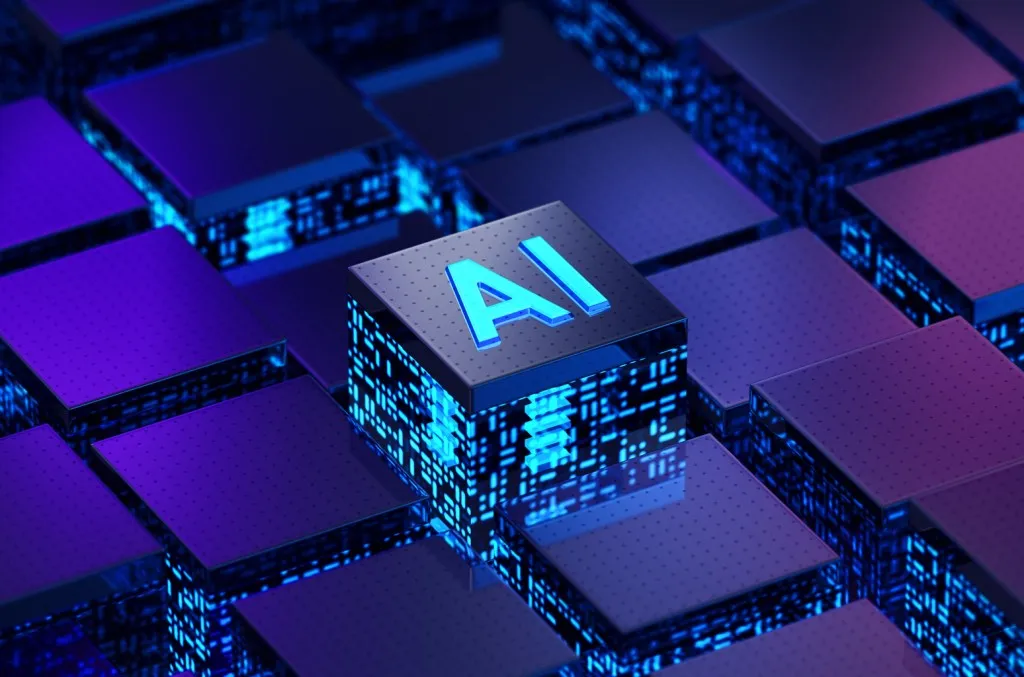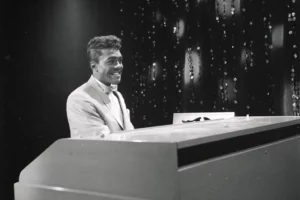
What Book Authors’ AI Copyright Court Losses Mean for the Music Business
The recent court decisions striking a blow for book authors suing generative AI platforms on copyright grounds have sent shockwaves among stakeholders in the debate over generative AI. However, legal experts believe that these rulings may not necessarily mean doom for music companies’ own infringement lawsuits against AI platforms like Suno and Udio.
These two California federal judges who used different reasoning but arrived at the same conclusion to end authors’ claims against Anthropic and Meta have left many questioning whether similar logic will apply to the music industry. The court opinions on book copyrights concluded that training large language models (LLM) on unlicensed works is “transformative” and thus constitutes “fair use.”
The implications of these decisions on the music side are far from clear, with experts pointing out significant differences between book and music content. “It’s one thing to come to a conclusion when you’re talking about books,” says Ken Anderson, an entertainment attorney at Rimon PC. “There’s a difference when it comes to music and visual arts, which are way, way, way more complicated in analysis.”
Christopher Ford, an intellectual property litigator at Debevoise and Plimpton, argues that the concept of “market impact” will play a crucial role in determining the outcome of these cases. According to Ford, the key factor is whether AI-generated music could directly compete with human artists.
While AI bands like The Velvet Sundown are gaining popularity, there is little evidence of them producing songs that could potentially replace the market demand for original works by human creators.
Ford emphasizes that this difference in medium and analysis may ultimately disfavor the AI platforms. “We have songs from a completely AI-generated band now taking up spots on Spotify playlists,” Ford explains. “There’s only so much time a person can spend listening, and every minute that someone is listening to AI-generated bands, they’re not listening to a human artist’s original work.”
In contrast, the court decisions did not address the potential harm caused by these platforms on the market value of music.
Music labels and publishers may now have a real shot at pleading that AI from companies like Anthropic, Suno and Udio is spitting out infringing music. “It really remains to be seen how the courts are going to analyze fair use when what is coming out is clearly a song that is protected by copyright,” says Megan Bannigan, an intellectual property lawyer at Debevoise.
The outcome of these cases will not be determined solely based on book copyright rulings. The first fair use opinions have already been carefully crafted to end authors’ claims against AI platforms. “These are some of the older cases, so we’re seeing the plaintiffs’ attorneys learn from prior cases as they’re doing more sophisticated pleadings, more sophisticated discovery tactics, and more sophisticated expert analyses,” Ford says.
In fact, these decisions might actually provide a useful roadmap for music companies to strengthen their cases against AI platforms.
Source: www.billboard.com


